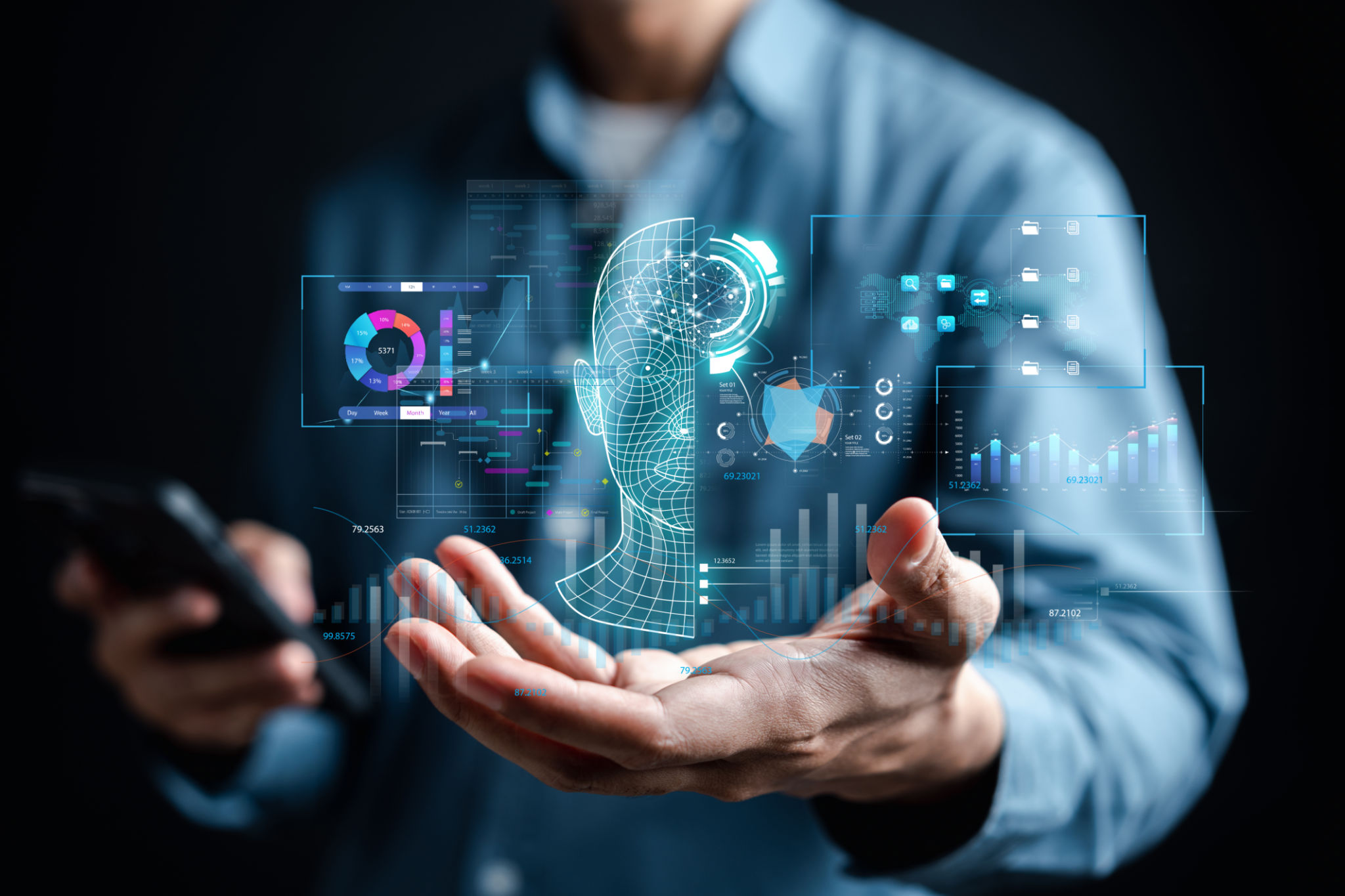Top Misconceptions About AI Implementation in Real-World Scenarios
Understanding AI Implementation
Artificial Intelligence (AI) is transforming industries across the globe, yet misconceptions about its implementation persist. Many businesses are hesitant to adopt AI due to these misunderstandings. This blog post aims to debunk some of the most common misconceptions surrounding AI implementation in real-world scenarios.

AI is Only for Large Corporations
One prevalent misconception is that AI is only accessible to large corporations with significant resources. In reality, AI technologies have become more affordable and scalable, allowing small to medium-sized enterprises (SMEs) to leverage them effectively. Cloud-based AI services offer businesses of all sizes the opportunity to integrate AI into their operations without the need for extensive infrastructure investments.
For SMEs, AI can automate repetitive tasks, enhance customer experiences, and improve decision-making processes, offering a competitive edge in their respective markets.
AI Implementation is Always Expensive
Another common myth is that implementing AI is prohibitively expensive. While the initial costs may seem high, the long-term benefits often outweigh the investment. AI can streamline operations, reduce manual labor costs, and increase efficiency. Furthermore, many AI solutions are now offered as pay-as-you-go services, making them financially viable for businesses with limited budgets.

The key is to start small and scale up as the benefits become more apparent. Businesses can begin by identifying areas where AI can make the most impact and gradually expand its use.
AI Will Replace All Human Jobs
There is a widespread fear that AI will lead to massive job losses. However, while AI can automate certain tasks, it also creates new job opportunities. AI requires human oversight, management, and maintenance, leading to new roles in AI development, data analysis, and system management.
The focus should be on reskilling and upskilling the workforce to adapt to the changing landscape. AI can augment human capabilities, allowing employees to focus on more strategic and creative tasks rather than mundane activities.

AI Systems are Always Objective
Many people believe that AI systems are inherently objective and free from bias. However, AI systems are only as unbiased as the data they are trained on. If the training data contains biases, the AI will likely reproduce them in its outputs.
Ensuring diversity in data sets and continuously monitoring AI systems for biases are crucial steps in maintaining objectivity. Transparency in AI processes also helps build trust among stakeholders.
AI Can Think Like Humans
Finally, a major misconception is that AI can think and reason like humans. While AI can process information and identify patterns at incredible speeds, it lacks true understanding and consciousness. AI operates based on algorithms and data; it cannot replicate human intuition or emotional intelligence.
Recognizing the limitations of AI helps businesses set realistic expectations and use it as a tool to complement human skills rather than replace them.

In conclusion, understanding these misconceptions is vital for businesses looking to implement AI effectively. By dispelling myths and focusing on the practical applications of AI, organizations can harness its potential to drive innovation and efficiency in their operations.
